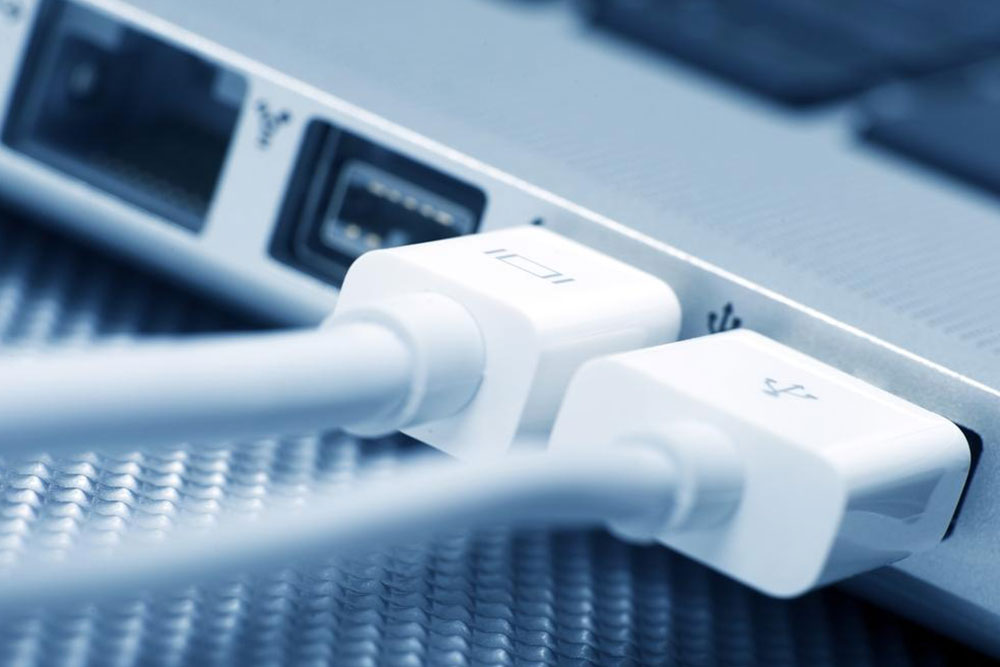Pros and Cons of Purchasing a Refurbished Laptop
Considering a refurbished laptop? Learn about the benefits, quality assurance, environmental impact, and how to make a smart purchase. Refurbished devices offer cost savings, tested performance, and sustainability benefits, making them a wise choice for budget-conscious consumers seeking reliable technology.
Sponsored

Should You Consider Buying a Refurbished Laptop?
Opting for a pre-owned laptop can be highly cost-effective if you are aware of certain factors. Refurbished devices are those that have been previously opened, returned, or used, often resulting in significant discounts. These laptops are repaired and tested to ensure they function like new before being sold again. Most refurbished units are nearly flawless, with only a small percentage having minor issues or being returned shortly after purchase.
Common reasons for refurbishment include cosmetic damage to packaging or minor defects identified during inspection. Authorized stores evaluate and price these devices accordingly, ensuring quality and performance. Interestingly, refurbished models are not always cheaper due to defects, but because of packaging or other minor issues, making them a smart choice for budget-conscious buyers.
Buying a refurbished or second-hand laptop can be a wise financial decision. These devices undergo thorough testing by technicians, confirming they operate at optimal performance levels—something often not guaranteed with new products. Additionally, refurbishing supports environmental sustainability by reducing electronic waste through reusing existing devices.
Purchasing refurbished can also provide access to high-quality brands at a fraction of the original price, especially when backed by warranties, return policies, and seller credibility. Recognized brands often operate dedicated refurbishing programs, assuring buyers of quality and reliability. Overall, buying refurbished laptops is a practical and economical choice that balances savings with performance and eco-consciousness.






